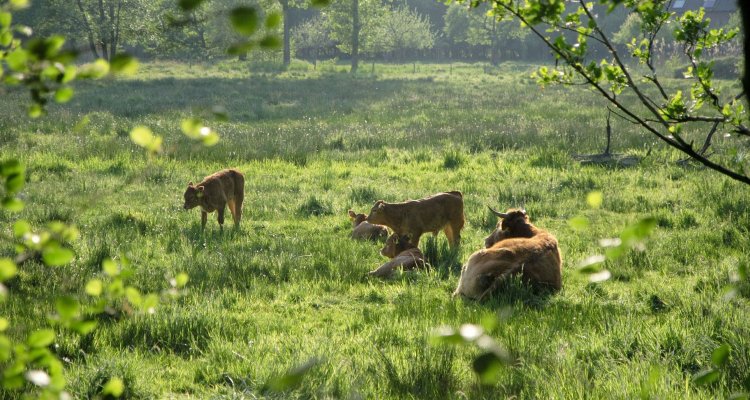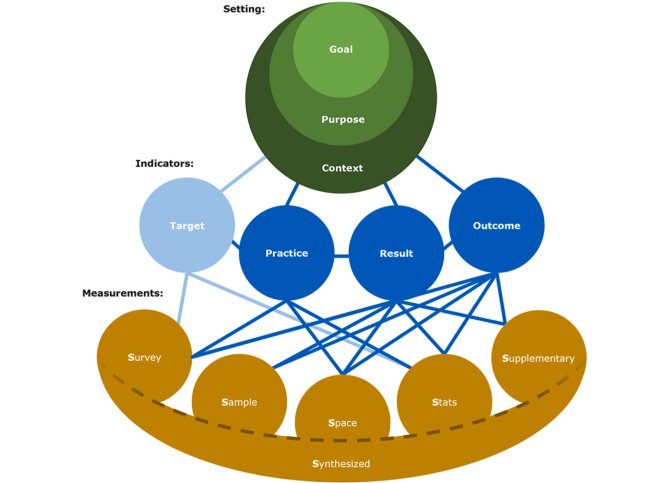
News
New method needed to better measure sustainability in agriculture
Sustainability in agriculture needs to be measured more flexibly and transparently, according to a group of researchers led by Wageningen University & Research. To achieve this, a new framework is needed. Currently, everyone measures sustainability in their own way, which poses a risk of ‘greenwashing’—the illusion of sustainability without genuine impact. “Sustainability sometimes seems prettier than it actually is,” say the researchers.
There is increasing global attention on sustainable agricultural methods, such as regenerative agriculture. These methods can play a vital role in addressing environmental issues and socio-economic challenges. To prevent greenwashing, the researchers advocate for a framework that takes into account the specific circumstances of an agricultural business, a chain company, or a government initiative. This new approach moves away from established minimal indicator sets that are applied uniformly without nuance. For example, different criteria apply to a dairy farm than to an arable farm. Soil type, such as clay or sand, and climate—whether dry or wet—also influence sustainability.
Rewarding Short and long-term Efforts
The new system should not only move away from prescribed minimal indicator sets but also exercise caution regarding the current focus on practices as indicators. For instance, adopting a specific practice, such as minimising tillage, does not necessarily guarantee the desired outcome, such as increased carbon storage or biodiversity. Moreover, we should not solely focus on the outcome. Increased carbon storage and biodiversity can often take years to become apparent. Therefore, the researchers advocate for linking different indicators, such as practice indicators and outcome indicators, in sustainability frameworks. “By using practice indicators, farmers can be rewarded for their efforts in the short term. By also linking these to outcome indicators, it can be established whether farmers are actually achieving their sustainability results.”
The researchers have conducted several practical trials in Spain, Finland, and France. These tests demonstrate that such a framework can assist farmers, policymakers, and businesses to monitor sustainability in a context-specific and transparent manner. The process starts with three straightforward questions:
- What is the goal of monitoring – Are you focusing on climate, biodiversity, or both?
- What is the purpose of monitoring – Is the information intended for farmers themselves, or perhaps for policymakers?
- What is the context of monitoring – What type of agricultural business, soil type, and climate are we concidering?

“Such a new model not only provides a concrete tool to make the level of sustainability more transparent but also ensures that efforts can be rewarded more quickly,” conclude the researchers.